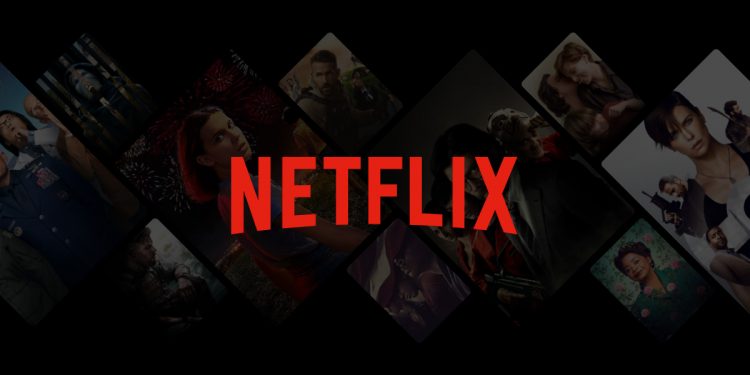Netflix says its profits have soared in the first three months of this year, partly thanks to a crackdown on password sharing.
The streaming giant said it added 9.3 million customers in the first quarter, bringing its total number of subscribers to almost 270 million.
The company also said its profits in the first quarter jumped to more than $2.3bn (£1.85bn).
But the firm will stop reporting key subscriber numbers from next year.
Announcing the decision, the firm said in a letter to shareholders: “In our early days, when we had little revenue or profit, membership growth was a strong indicator of our future potential”.
It added that today, subscriber numbers have become “just one component of our growth”, asking investors to focus on its profits and revenue.
Its revenue for the first quarter rose by nearly 15% year-on-year to $9.37bn.
The firm also credited a “drumbeat” of hits, such as crime drama Griselda.
Some investors saw its unexpected decision to stop reporting subscriber numbers as a sign that Netflix’s wave of customer growth may be coming to an end.
Simon Gallagher, a former Netflix director and now principal of entertainment investment firm SPG Global, told the BBC’s Today programme that while the numbers indicated a “very, very strong performance” this might not last.
“It’s a definite tailwind from the crackdown on password sharing, we saw that last quarter, it’s continued into this quarter and will continue for another quarter or two but there’s an expectation that will come to an end by this time next year.”
The former Netflix man said the company wanted to “people to move away from fixating on the subscriber numbers”.
But the move to stop sharing subscriber numbers has ruffled feathers among analysts in the US.
Jamie Lumley of research firm Third Bridge wrote that the decision raises “questions about the growth prospects of Netflix’s subscriber base”.
Other technology giants such as Facebook parent Meta and social media platform X, formerly Twitter, also stopped reporting monthly active user numbers as growth slowed.
Netflix shares have risen by more than 30% since the start of this year, close to their 2021 peak. However, they were almost 5% lower after the announcement.
“Streaming is a notoriously choppy market, and keeping hold of customer dollars is an uphill climb,” said Sophie Lund-Yates, lead equity analyst at share dealing platform Hargreaves Lansdown.
“One area Netflix has an edge is its original content slate, which is known to be an excellent retention tool when compared to repurposed shows and films.”
Netflix last raised the price of its popular “standard” plan in 2022.
The move was followed by an unusual drop in subscribers that startled investors and intensified concerns that Netflix was losing dominance over the industry it had pioneered.
Soon after, the company said it would reignite growth by cracking down on password sharing and launch a new plan that was less expensive but showed adverts.
The firm is also pushing into areas such as sports and video games, while continuing to license material from rival media firms looking for ways to boost profits.
Analysts said the company also benefited from its global footprint, which helped it maintain a relatively strong pipeline of new shows, despite strikes that rocked Hollywood last year.
source: BBC



















































